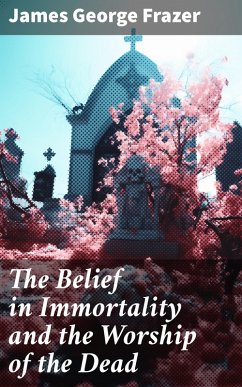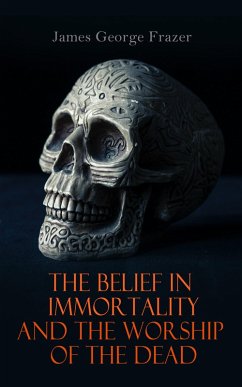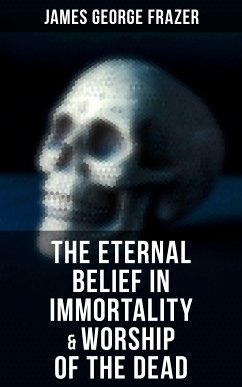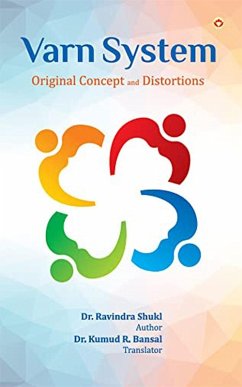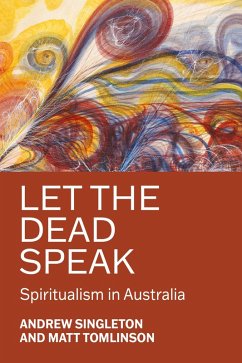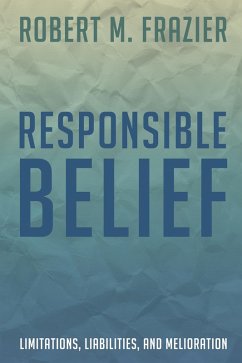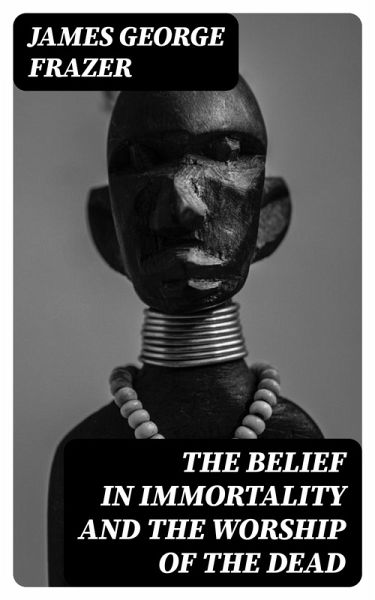
The Belief in Immortality and the Worship of the Dead (eBook, ePUB)
Australia, New Guinea, Melanesia and Polynesians
Sofort per Download lieferbar
1,99 €
inkl. MwSt.
Weitere Ausgaben:

PAYBACK Punkte
0 °P sammeln!
In "The Belief in Immortality and the Worship of the Dead," James George Frazer meticulously explores the cultural and psychological underpinnings surrounding beliefs in life after death. Through a comparative analysis of various societies, he examines how rituals and customs relate to the veneration of ancestors and the concept of an afterlife. Incorporating ethnographic studies and dense academic inquiry, Frazer employs a descriptive yet analytical literary style that reflects the intellectual currents of the early 20th century, particularly in anthropology and comparative religion. His work...
In "The Belief in Immortality and the Worship of the Dead," James George Frazer meticulously explores the cultural and psychological underpinnings surrounding beliefs in life after death. Through a comparative analysis of various societies, he examines how rituals and customs relate to the veneration of ancestors and the concept of an afterlife. Incorporating ethnographic studies and dense academic inquiry, Frazer employs a descriptive yet analytical literary style that reflects the intellectual currents of the early 20th century, particularly in anthropology and comparative religion. His work invites readers to consider the significance of these beliefs in shaping social structures and moral codes. James George Frazer, a pivotal figure in the development of anthropology, drew upon his extensive background in classics and folklore to craft this seminal work. His experiences studying diverse cultures revealed to him the commonality of death-related beliefs across civilizations. Written during a time when the study of religion was becoming increasingly empirical, Frazer's work serves as a bridge between romantic notions of spirituality and scientific inquiry into human behavior. This book is highly recommended for readers interested in anthropology, religious studies, and psychology. Its rich theoretical framework not only enhances our understanding of ancient and contemporary beliefs about immortality but also promotes a broader appreciation for the ways humans cope with mortality, making it an essential addition to the library of any serious scholar.
Dieser Download kann aus rechtlichen Gründen nur mit Rechnungsadresse in A, B, BG, CY, CZ, D, DK, EW, FIN, F, GR, H, IRL, I, LT, L, LR, M, NL, PL, P, R, S, SLO, SK ausgeliefert werden.




